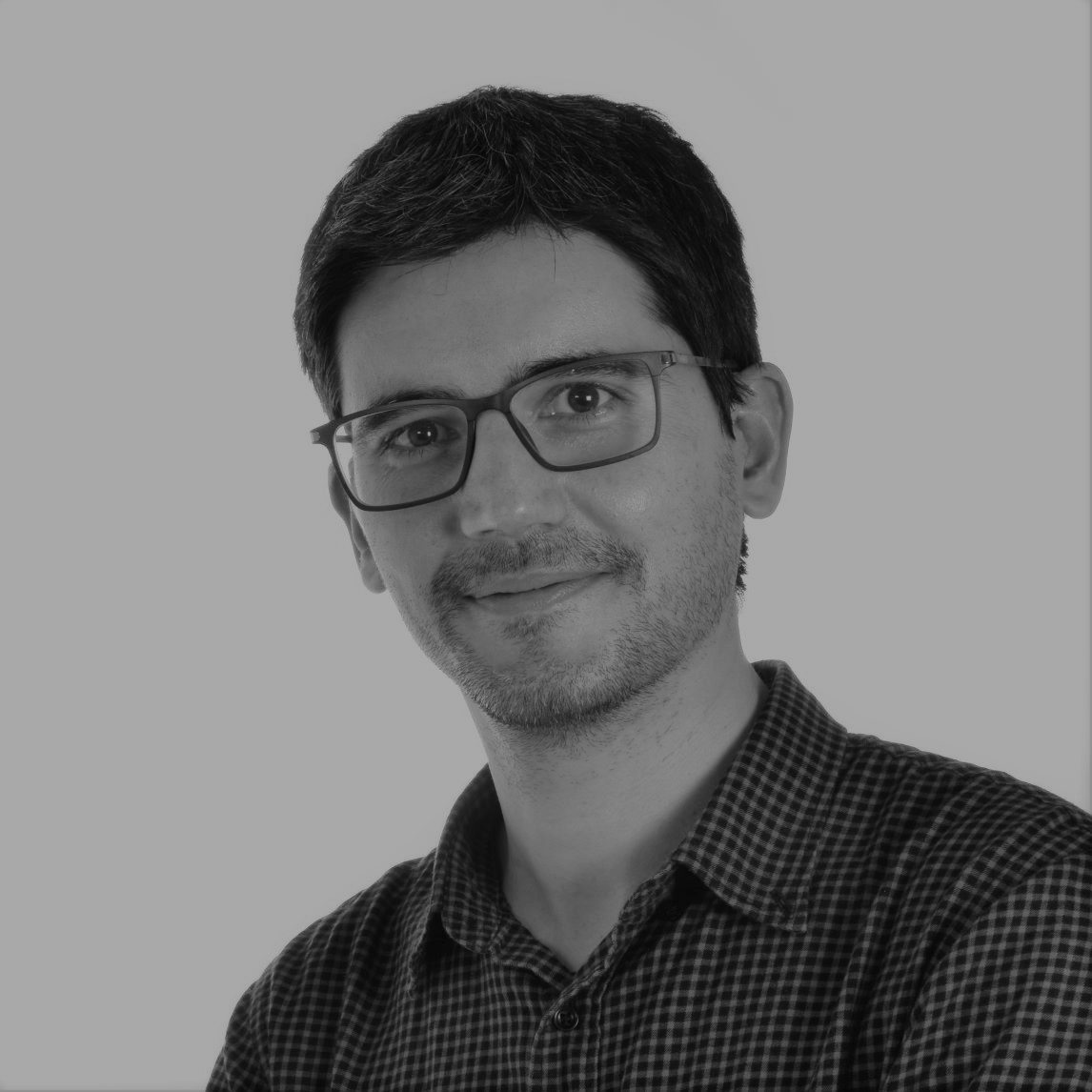COOLSCHOOLS
COOLSCHOOLS
Promotor
Francesc Baró

Copromotors
Isabel Ruiz-Mallén (UOC)
Researchers
Elsa Gallez (VUB)
Pure link
COOLSCHOOLS
Project website
http://coolschools.eu/
COOLSCHOOLS: Realizing potentials of nature-based climate shelters in school environments for urban transformation
2022 – 2025 | European Union’s Horizon 2020 research and innovation programme under grant agreement No 101003758, the Spanish Research Agency (AEI), Innoviris (Brussels Capital Region), Dutch Research Council (NWO), The Research Foundation – Flanders (FWO), and Agence Nationale de la Recherche (ANR)
Partner institutions
Fundació per a la Universitat Oberta de Catalunya (UOC)Vrije Universiteit Brussel (VUB) (BE)University of Twente (NL)University of Antwerp (BE)Hasselt University (BE)National Center for Scientific Research (CNRS) (FR)EUN Partnership AISBL (European Schoolnet / EUN) (BE)Brussels Environment (BE)Paris City Hall (FR)Barcelona City Council (ES)El Globus Vermell (ES)City of Rotterdam (NL)Stichting Springzaad (NL)IVN Natuureducatie (NL)UN-HABITAT (ES)Center for the Promotion of Science (CPN) (RS)
Research objectives
COOLSCHOOLS is a transdisciplinary applied urban research project that examines the transformative potential of nature-based solutions (NBS) to support the creation of climate shelters in European school environments. We assess how nature-based climate shelters can drive social-ecological transformations towards urban sustainability, climate resilience, social justice, and quality education at multiple urban scales (from schools to metropolitan region) and translate them into practical building capacity for school communities and beyond.Building on pioneering pilot NBS projects of school transformation in Barcelona, Brussels, Paris, and Rotterdam, COOLSCHOOLS unravels the specificities of each context and finds common patterns related to climate shelters transformation capacities, focusing on marginalized groups. Through participatory and co-creation methodologies, we propose an interdisciplinary approach that combines natural, bio-medical, social, and education sciences. To further promote a holistic approach to school climate shelters transformation capacities, we will actively disseminate the pilots’ best practice and key learnings among city governments, urban planners, companies, school communities and other relevant stakeholders.The consortium’s cross-sectoral composition ensures active multi-stakeholder involvement through an urban living lab and other co-engagement actions, that are planned to boost reflection and learning, and the wider use of COOLSCHOOLS outputs.
